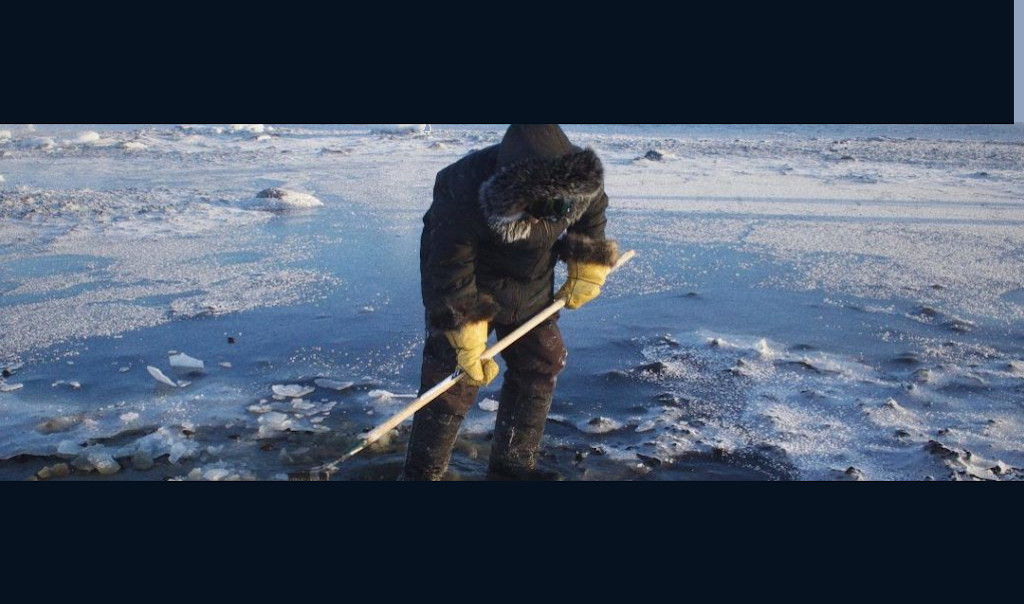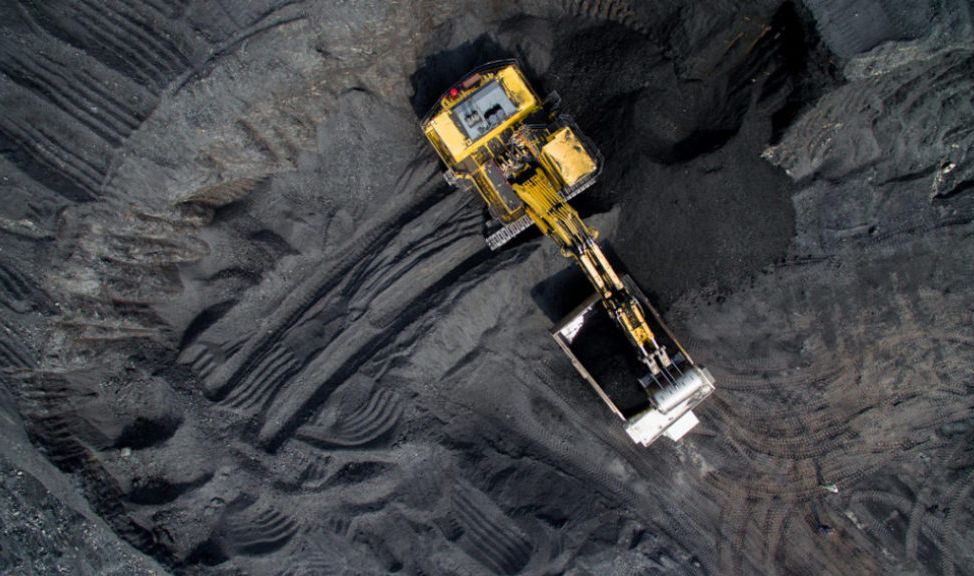Alexandra L is a member of Alternative Socialiste (CWI in Quebec).
For a few years now, if not months, several atypical events – whether by their intensity or frequency – have occured. Whether they be tornadoes, springtime floods, back-to-back heat waves or quick cycling freezing and thawing; everyone is affected in one way or another. And that’s only what has been happening in Québec, or at least its southern parts.
Yet the fragile ecosystem of the Canadian North is one we all depend on. The Inuit Nunangat is a part of the Canadian Arctic that includes 51 communities spread across four territories: the Inuvialuit, Nunavut, Nunavik and the Nunatsiavut. The inuit word Nunangat is used to designate the earth, water and ice. The Inuits believe that the land on which they live are integral parts of their culture and way of life.
A Fragile Equilibrium
It is forecasted that in little more than 10 years, the average yearly temperature in Nunangat will reach to 2oC. The current average temperature is -4.4oC in Kuujjuarapik. Global warming is melting ice shelves that is raising sea levels. Today, close to 40% of the ice situated in Nunangat has disappeared for good.
In a region where food insecurity is rampant, hunting and fishing are the two most common ways to survive. Elderly native people have noticed changes in winds and clouds, making weather predictions using traditional means difficult. Certain traditional paths are now inaccessible. Now that lakes and rivers are melting faster, roads are more dangerous during spring, and the thawing of permafrost makes ATV driving perilous during summer.
Food Insecurity
Currently, 7% of Canadians struggle with food insecurity while this goes up to 25% for the Inuit populations. In certain communities, this number goes up to 70%. Staple foods are often two to three times more expensive than in urban centers. Traditional subsistence methods are hence crucial for Inuits to survive. Unfortunately, climate change also affects plants and animals. Changes in marine currents bring contaminants. Changes in vegetation impact the survival of huntable game.
The North-Western Passage
Since the beginning of Canadian colonization, the North-West passage has been a dream, which would have allowed European traders to reach Asia more rapidly. For the imperialist countries of Canada, the USA, and Russia, it is essential to control Arctic territories and waters. Whether they want to extract resources, or secure military dominance, the region has strategic importance. The forced displacement of Inukjuak families to Grise Fiord and Resolute in the 1950s showcases how far the Canadian government is willing to go to occupy these northern lands.
Natural resource exploitation in these regions is potentially a threat to the communities that live there. This exploitation also has an environmental impact. For example, the Baffinland Mining exploitation of the Milne Inlet could have a negative effect on the narwhals that frequent these waters. The higher traffic on trade routes passing through northern waters will also have consequences on the Arctic ecosystem.
Moreover, the arrival of large capitalist firms close to these communities will have significantly negative effects on Inuit communities. Their lifestyle is based on ancestral means, like hunting and fishing. Traditional food resources are scarcer and the cost of imported food increases food insecurity.
Respecting the community
We must not simply refuse any and all changes in the Nunangat and other Nordic regions. Job creation and economic development that is ecologically responsible can benefit all communities if made under the democratic control of the community and not following free market rules. Everything done must respect the right of self governance of the people concerned. No one is better aware of the issues in their own territories, and no one better placed to manage them.
Capitalist states such as Canada are refuse to recognize the right to self-determination of Indigenous people; they would rather control and exploit resources in all impunity. On this their profits depend. In this context, the struggle for the political and economic independence of Nunangat is a struggle against Canadian and Québécois capitalist interests.



